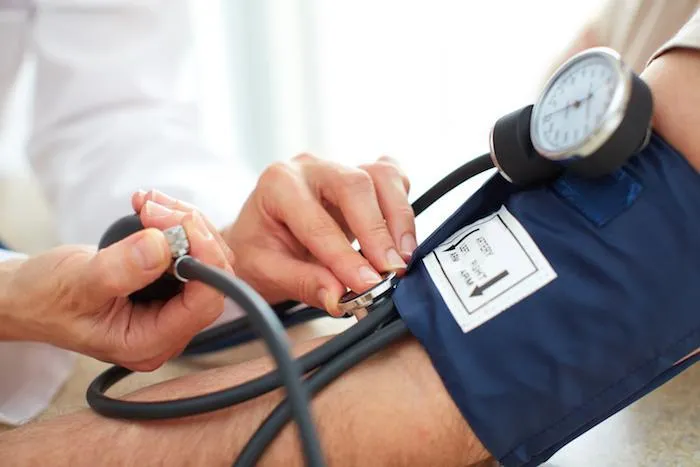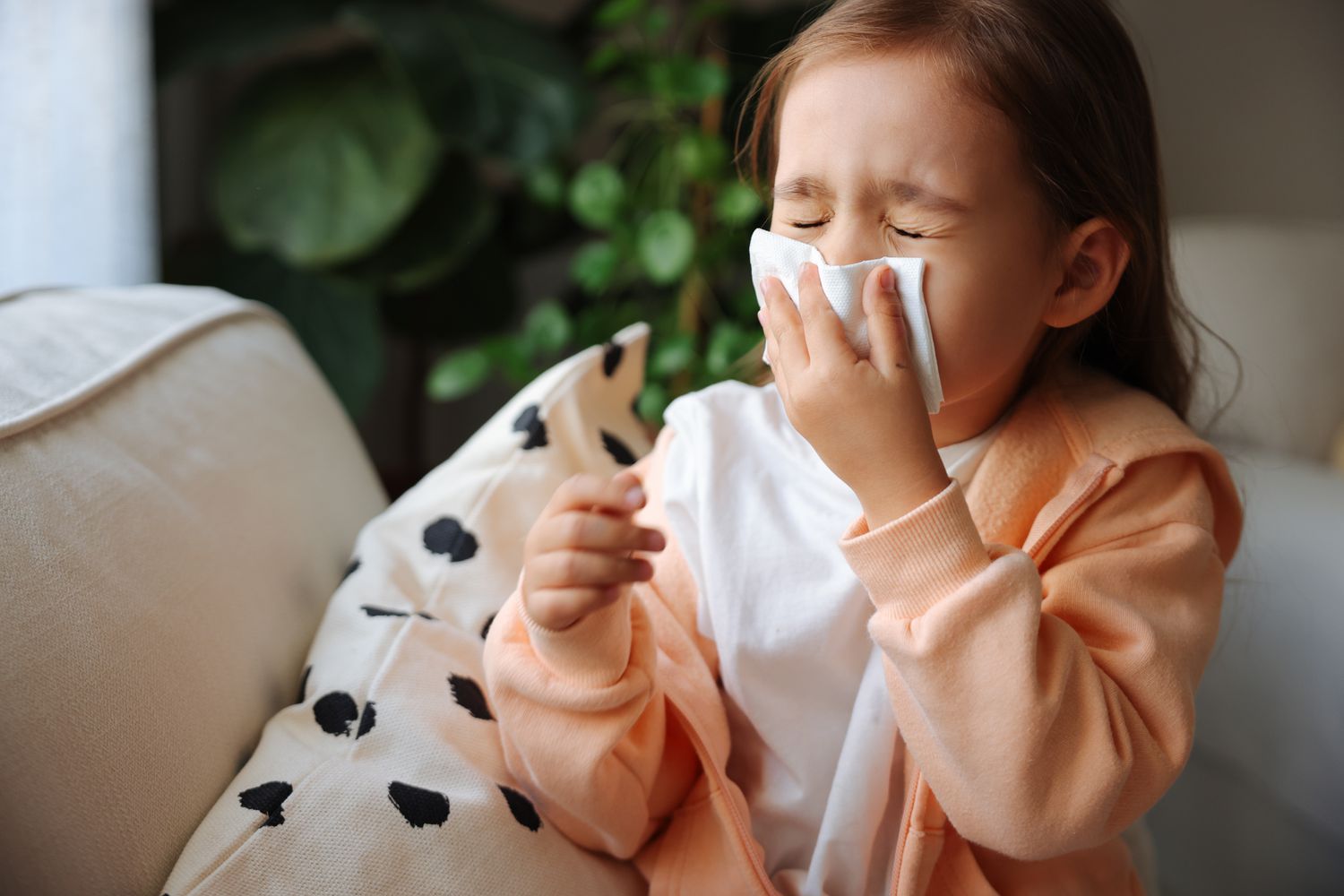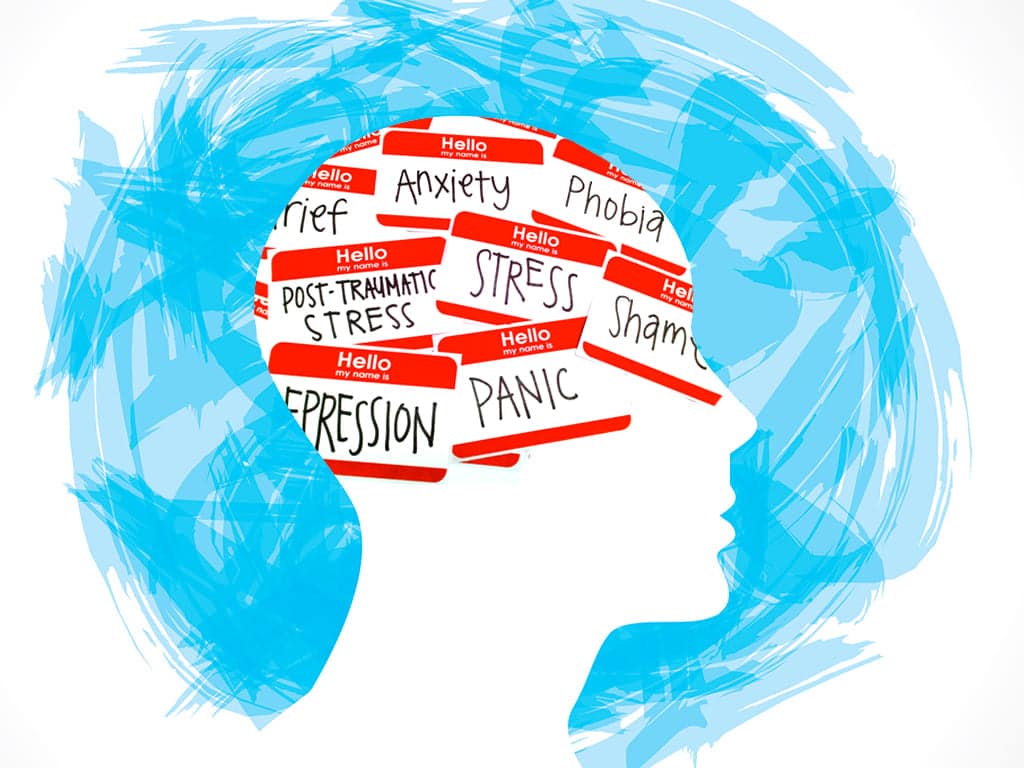Introduction to Stress and Its Impact on Health

The list of stress-related illnesses is only getting longer as the years go by. In moments of special experiences, the hypothalamus, which is the “control point” of the brain, is “turned on”. In stressful situations, its function is to release stress hormones. At such times, we feel our heart pounding, our breathing speeding up, and our muscles contracting … This response helps protect the body in an emergency, preparing it to react as quickly as possible. But if you have stress day after day, it’s devastating to your health.
How does stress affect the body? When we experience anxiety, our bodies respond by rapidly releasing adrenaline and cortisol, the stress hormones. This response is designed to increase our readiness to survive in dangerous situations. However, when stress becomes a constant state, it can lead to all sorts of health problems. Anxiety can lead to diabetes, thyroid disease, heart disease, and many others; that’s why Medical and Mental Health Care is very important. The culprit is the hormones that are released during stress.
Medical conditions caused by or worsened by stress, such as depression and anxiety, are very common. Stress can lead to problems with overall psycho-emotional well-being, sleep, and appetite. Anxiety can also affect physical health. It increases the risk of cardiovascular disease, lowers immunity, causes gastrointestinal problems, and even affects growth and development. Back-to-school stress management will help children cope with problems in learning and socializing with peers.
Common Stress-Related Health Conditions
Stresses are the main risk factors for the development and worsening of many diseases. Any stress is accompanied by negative emotions. Unreacted emotions go in two directions. If the nervous system is weak, a neurotic disorder develops, and in strong personalities, psychosomatic diseases (hypertension, peptic ulcer disease of the stomach and 12-pronged intestine, bronchial asthma, diabetes, psoriasis, neurodermatitis, etc.). Medicine knows today a lot of illnesses caused by stress and anxiety.
Cardiovascular Diseases
The long-term effects of stress usually lead to a wide range of cardiovascular problems. Under the influence of stress hormones, blood vessels narrow to send more energy and oxygen to the muscles. However, this also raises blood pressure. Frequent or chronic stress causes the heart to work too hard and at too long intervals. The constant “fight-or-flight” response takes its toll on the human body, leading to an increased risk of stroke and heart attacks. Moreover, constant acute stress can promote inflammation in the coronary arteries and blood vessels. You should know how stress affects your heart.
Besides, health conditions associated with stress, such as overeating, smoking, or excessive alcohol consumption are very common, all of which further exacerbate cardiovascular risks. With the inclusion of these factors, there is a marked increase in risk for the development of serious heart-related conditions.
Gastrointestinal Issues
When you’re under stress, the liver increases blood sugar (glucose) production to give the body an energy boost. But when it comes to chronic stress, the body can’t adapt to frequent spikes in blood sugar. For this reason, chronic anxiety contributes to the development of type 2 diabetes. That’s why you should know some tips for a stress-free holiday.
Increased heart rate, rapid breathing, and the effects of stress hormones can also disrupt the digestive system. Excessive nervous tension can also lead to diarrhea or constipation. Finally, people under stress may also suffer from nausea, vomiting, and upset stomachs.
Respiratory Problems
What health conditions can be caused by stress-related symptoms?
The respiratory system can be tremendously affected by stress, especially when aggravating existing problems like asthma and chronic obstructive pulmonary disease (COPD). Stress is associated with triggering the fight-or-flight response, which causes fast and/or deep breathing and, in some cases, hyperventilation. This can cause people to experience shortness of breath, or in other words, a feeling in which breathing is more laborious than normal.
It is known that stress, in particular, can aggravate the symptoms associated with asthma, thus provoking a higher attack rate and much more intense episodes. This is caused by stress-induced hormones, such as adrenaline. Chronic stress also impacts the immune system and makes the lungs revert to influenza pneumonia. You have to understand mindfulness so you can deal with this stress.
Mental Health Disorders
The list of diseases caused by negative emotions, including anxiety, depression, and post-traumatic stress disorder (PTSD), is huge. Anxiety disorders are often closely linked to stress and look for signs that anxiety is out of control. Over time, this can cause generalized anxiety disorder, where a person feels a pervasive sense of anxiety, even in non-stressful situations.
Depression and PTSD are other significant mental health disorders associated with chronic stress, so mental health assessments are important.
Immune System Suppression
Chronic stress has a huge effect on physical and mental health because it suppresses immune system functions. Anxiety may also impair the immune system, which can result in colds, flu, and other forms of infections.
Additionally, chronic stress can cause inflammation, as the immune system’s regulation becomes disrupted, leading to an overactive response in some areas and underactivity in others. This imbalance can contribute to the development of autoimmune diseases.
Moreover, stress can interfere with the body’s ability to produce antibodies, which are essential for identifying and neutralizing harmful invaders. This suppression of antibody production means that the body is less equipped to fight off new infections or recover from illnesses.
Musculoskeletal Disorders
One of the most common stress-related illnesses is tension headaches, which result from the prolonged contraction of muscles in the neck, shoulders, and head. Additionally, stress can exacerbate conditions like back pain and neck pain, as ongoing muscle tension can lead to misalignment, spasms, and reduced flexibility. Over time, this persistent tension can cause conditions such as myofascial pain syndrome, where trigger points in the muscles create pain that radiates to other areas of the body.
Strain also negatively affects the body’s ability to recover from injuries. Cortisol, the stress hormone, can interfere with tissue repair and inflammation processes, prolonging recovery time from musculoskeletal injuries.
Recognizing the Signs and Symptoms of Stress-Related Health Issues
Stress can lead to a range of physical symptoms, often starting with headaches, muscle tension, and fatigue. Patients may notice stomach aches, indigestion, or irritable bowel syndrome (IBS). Cardiovascular symptoms like increased heart rate, chest pain, and high blood pressure can also be indicators of stress-related health problems. Additionally, chronic stress may be a reason for developing frequent colds or infections due to a weakened immune system.
Anxiety also has a huge impact on mental health, leading to symptoms such as anxiety, depression, irritability, and mood swings. Patients under chronic stress might experience difficulty concentrating, memory problems, or a sense of overwhelm. Changes in sleep patterns are also common, as stress disrupts the body’s natural sleep-wake cycle. The benefits of goal setting for emotional well-being are very significant for every person.
Medical conditions caused by or worsened by stress often accompany behavioral changes. These may involve heavy dependence on substances such as alcohol, drugs or social withdrawal.
Long-Term Consequences of Unmanaged Stress
In 2012, scientists found that nonstop stress is associated with the body’s worse regulation of the inflammatory response. The hormone cortisol suppresses inflammation to some extent; however, chronic stress does interfere with this function because it makes the tissues less responsive to the hormone over time.
The sickness caused by stress occurs because the body is unable to adequately respond to infectious diseases. The inflammatory background aggravates the underlying disease, such as diabetes, angina, etc.
The study in 2018 concluded that stress exposure significantly worsens one’s chances of developing autoimmune diseases, including rheumatoid arthritis, psoriasis, multiple sclerosis, and lupus. Illnesses caused by stress and anxiety can be a reason for developing autoimmune diseases.
The researchers also noted that people with PTSD who took antidepressants were less likely to experience autoimmune diseases, unlike those who did not take medication.
When to Seek Medical Attention
If you’re experiencing significant stress-related symptoms that are affecting your daily life, it’s important to seek professional help. You should know some signs to consult a healthcare provider if you have chronic stress:
- Persistent symptoms: If your stress-related symptoms are ongoing and don’t improve with self-care measures.
- Severe symptoms: If you’re experiencing severe anxiety, depression, or physical symptoms such as chest pain, difficulty breathing, or rapid heartbeat.
- Thoughts of self-harm or suicide: If you’re having thoughts of harming yourself, it’s crucial to seek immediate help.
- Difficulty coping: If anxiety significantly interferes with your relationships, work, or other aspects of your life.
- Changes in eating or sleeping patterns: Significant changes in your daily routine can be a sign of health conditions associated with stress.
Conclusion
Everybody has stress; however, you can learn how to manage it. There are a number of stress management and prevention techniques that, if put into practice, would allow you to live a satisfying life. Use anxiety management techniques to avoid negative effects on your life. If necessary, help in chronic stress management is essential. Let’s find out the importance of stress management in restoring efficiency in one’s life.
















































